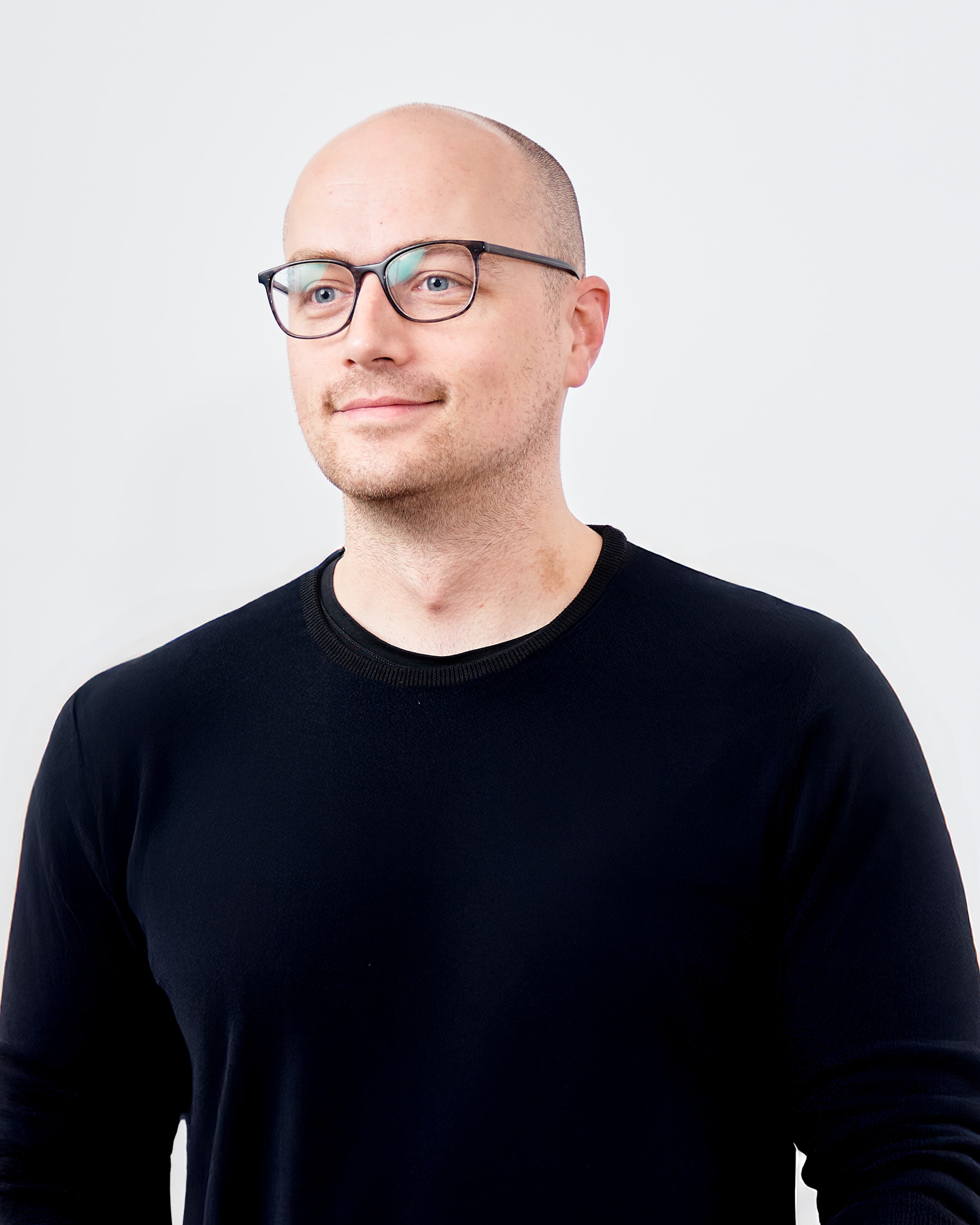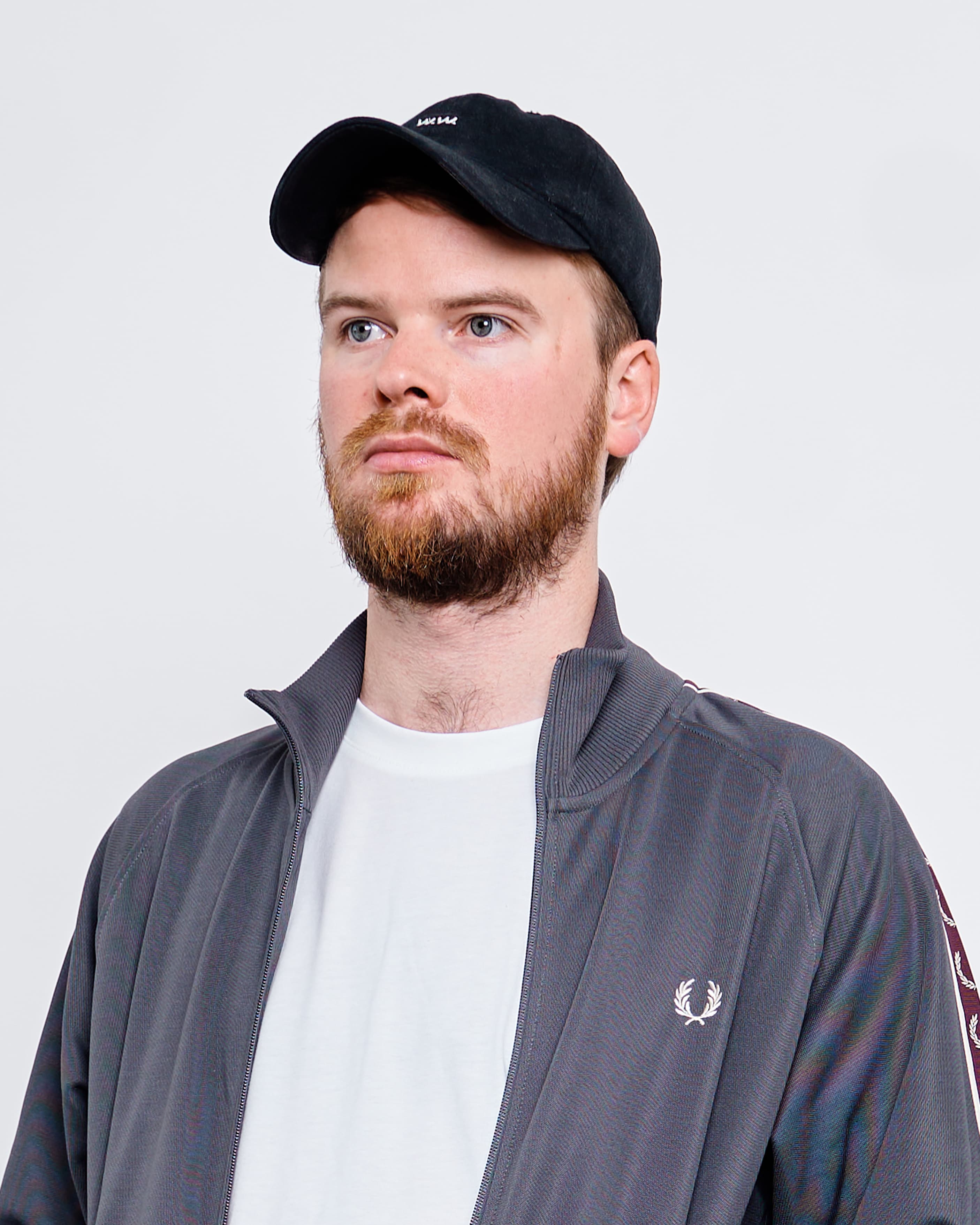Anti-Semitism and postcolonial debates using the example of documenta fifteen
Research project analyzes anti-Semitism controversy
How did the anti-Semitism controversy surrounding documenta fifteen come about, what consequences did the debate have and how will we deal with it in future?
Under the title "Anti-Semitism and postcolonial debates using the example of documenta fifteen", research into the controversy surrounding documenta fifteen is being launched in Kassel and Frankfurt. The research project is a cooperation of the documenta Institut with the Bildungsstätte Anne Frank and the Frankfurt University of Applied Science under the direction of Prof. Dr. Meron Mendel and Prof. Dr. Heinz Bude. The project, which will run from September 1, 2022, to December 31, 2023, is financed by the Innovation Fund of the Hessian Ministry of Science and the Arts.
The anti-Semitism controversy surrounding documenta fifteen can already be seen as one of the central cultural-political events of our time. Despite the question of how actual anti-Semitism could occur at the documenta, the controversy itself requires interpretation. In addition to the vehemently conducted discussions in the media with hardening positions, documenta fifteen also includes diverse experiences of a seemingly carefree festival atmosphere on-site in Kassel.
"In recent months, we have experienced how entrenched the debate has become. With this study, we want to analyze what this polarization is due to, what basic conflicts come to light in it, and how organizers of international art and culture festivals can react to such conflicts in the future," says Prof. Dr. Meron Mendel, director of the Anne Frank Educational Institution and professor of transnational social work at the Frankfurt University of Applied Sciences.
Prof. Dr. Heinz Bude, sociologist and founding director of the documenta Institute in Kassel, emphasizes: "The epistemological backdrop of the documenta has become confused. This situation affects the system of contemporary art, the reputation of the Federal Republic, the identity of the city, and the competence of the organization in equal measure. The whole thing has already suffered damage. The research project has the task of making harm visible, the repairs comprehensible and the consequences assessable."
The research project led by Prof. Dr. Meron Mendel and Prof. Dr. Heinz Bude will explore how the various aspects of documenta fifteen come together in the specific case of the discussion about anti-Semitism. The controversy surrounding documenta fifteen will be elaborated by questioning and observing visitors and participants, analyzing the public discourse as well as enabling group discussions with observers from the field of art. The aim is to uncover the affects of the arguments, the perspectives in the positions and the stakes in the attitudes.
The project is financed by the Innovation Fund of the Hessian Ministry of Science and Art. The Hessian Minister for Science and the Arts, Angela Dorn, says: "At documenta fifteen, anti-Semitic works were shown that should not have been displayed. The debate about these works has once again proven how deeply anti-Semitism remains rooted in our society. With the Frankfurt University of Applied Sciences, the Bildungsstätte Anne Frank, and the documenta Institut, three top-class institutions are now combining their respective knowledge to draw lessons from this experience. We are making this unique and methodologically innovative collaboration possible to provide important scientific impulses for cultural policy and the cultural sector. For anti-Semitism threatens the foundations of our peaceful coexistence and is diametrically opposed to free and open cultural exchange."
The Anne Frank Educational Center is accompanying the research project with workshops for sensitizing institutions in the arts and cultural sector to the topics of anti-Semitism and racism.


